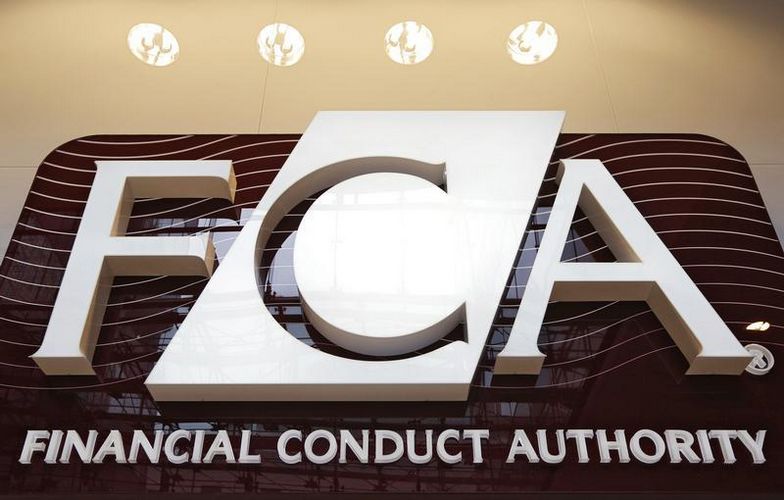Paul Fisher, the BoE’s executive director for markets, told MPs that regulators were investigating suspicious price activity in the 2017 gilt ahead of a so-called reverse auction.
Britain’s central bank used reverse auctions – where market-makers sell gilts rather than buy them – to snap up billions of pounds of gilts for its quantitative easing programme.
Fisher told a parliamentary committee on Tuesday that relevant information had been passed to the Financial Conduct Authority and the case was now sub judice.
“All the evidence we’ve got we’ve passed across,” Fisher said, adding he expected to hear from the regulator in due course.
The case relates to a reverse auction in October 2011 when a sharp rise in the price of the 2017 gilt resulted in the BoE declining to buy any of the bonds.
“It was very obvious to us what was happening because one gilt was moving in the opposite direction to other gilts in the market, so there was a clear signal,” Fisher said.
“We’ve never seen anything like that previously and we’ve never seen anything like that again,” he added.
The investigation follows a high-profile inquiry into the setting of Libor, the benchmark interest rate, and separate probes into possible price rigging in the oil and foreign exchange markets.
Fisher said there had been other incidents where the central bank had called in gilt dealers to discuss their behaviour but this was the first case where it had been sufficiently concerned to refuse to buy any of a particular gilt at auction.
There are 21 banks that act as primary dealers in the gilt market, including some of the world’s biggest financial institutions.
A FCA spokesperson said they were unable to comment on any ongoing investigation.
(Reporting by Christina Fincher in London)
